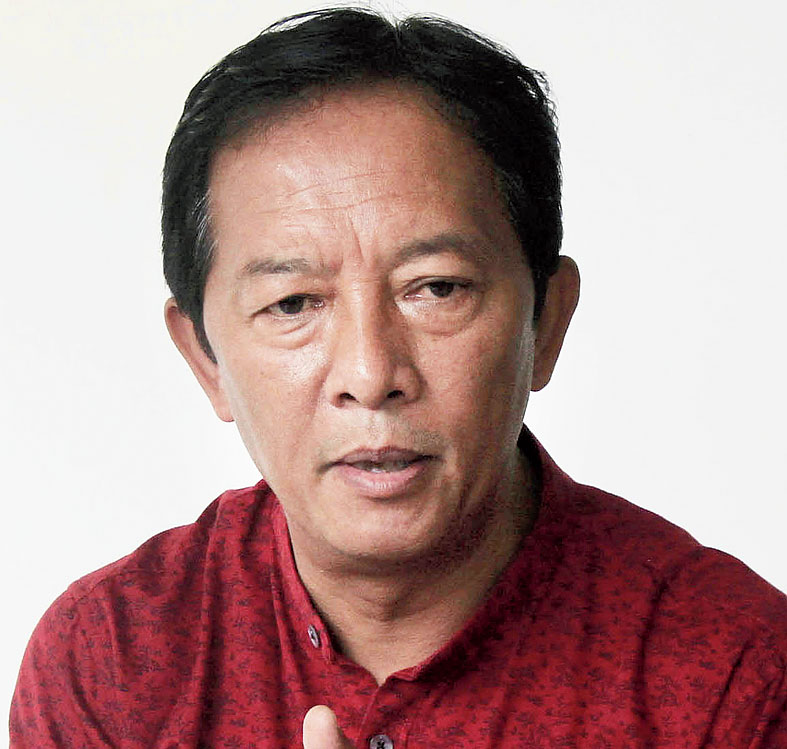Political parties in the Darjeeling hills have renewed the demand for an amendment to the India-Nepal Friendship Treaty of 1950 in the wake of Nepal’s move for a new law that will make a sever-year wait mandatory for foreign women married to men in the country to acquire citizenship by naturalisation.
Gorkhas in the hills have been for decades seeking the review of the treaty and the revocation of its Article VII that allows free passage and stay for the residents of India and Nepal on a reciprocal basis.
The Indian Gorkhas always feel abrogation of the treaty would restrict the free passage of Nepali nationals and help them establish their separate identity.
Asked about Nepal’s plan to amend its citizenship law, Gorkha Janmukti Morcha leader Binay Tamang said: “It is an international issue and it is the central government that will have to take a call. However, the facility of free movement has to be dropped and a passport system should be introduced between the two countries.”
Jan Andolan Party chief Harka Bahadur Chhetri said: “We are not ready to comment on a decision by any foreign country. However, if steps are taken for India’s interests and restriction is put on the free movement, it would be a major victory for Indian Gorkhas.”
Some other political leaders and social workers in the hills said the NDA government at the Centre should look into the recommendations of the Eminent Persons Group (EPG). The group comprising four members each from India and Nepal was formed in January 2016 to look into the entire gamut of the bilateral relations between the two countries. The group recommended the review the treaty.
“The Centre should look into the report submitted by the group and take pertinent steps, particularly because of recent developments in Nepal. It should also recognise Indian Gorkhas’ demand and take proper steps,” said a veteran in the hill politics.











